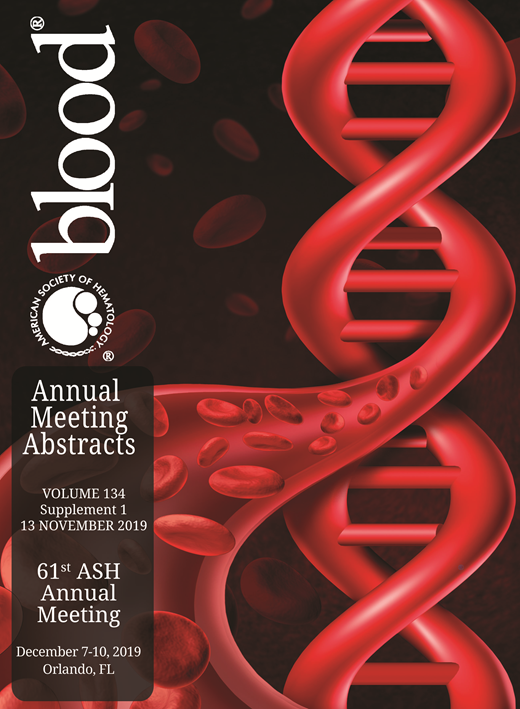Chimeric antigen receptor (CAR)-modified T cell therapy is increasingly prescribed, given its growing status as one of the most promising treatments for hematological malignancies. Cytokine release syndrome (CRS) is a common and severe complication of CAR-T therapy that has raised concerns. Herein, we report the case of a 62-year-old male patient who was diagnosed with relapsed and refractory multiple myeloma (RRMM, Isotype IgG-λ; DS stage ⅢB; ISS Ⅲ) and subsequently received consecutive infusions of CD19-CAR-T cells at a total dose of 1×107 (day 1) and BCMA-CAR-T cells at a total dose of 1×107 (days 2 to 3) . After the infusion of CAR-T cells, the patient gradually developed fever, hypotension, hypoxemia, and sinus tachycardia from day 3. At the same time, the patient suffered from sudden severe swelling and painful left lower extremity, with his enlarged left testes measuring 8.7×6.0×5.0 cm. The circumference difference between the man's two thighs was 12.3 cm, and a vascular ultrasound revealed a defect of femoral vein blood flow filling in his left lower extremity, suggesting embolization, which was associated with his platelet count decreasing to 25×109/L. On day 7, the patient's left limb and left edema tests showed aggravation, but the progress with thrombosis was considered after the reexamination of the vascular ultrasound, which showed a more than 10 cm long local thrombus in the left femoral vein, with the level of IL-6 going up continuously. We extracted genomic DNA from the patient's peripheral blood to analyze the polymorphism at the -572C/G site of the promoter of the IL-6 gene with the method of First Generation Sequencing. The result showed that the genotype of -572C/G promoter polymorphism was CC, suggesting that high levels of IL-6 with its -572C/G polymorphism might be associated with the risk of thrombotic disorders. Thus, timely diagnosis and reasonable treatment of coagulopathy are crucial in avoiding CRS-related mortality.
No relevant conflicts of interest to declare.
Author notes
Asterisk with author names denotes non-ASH members.

